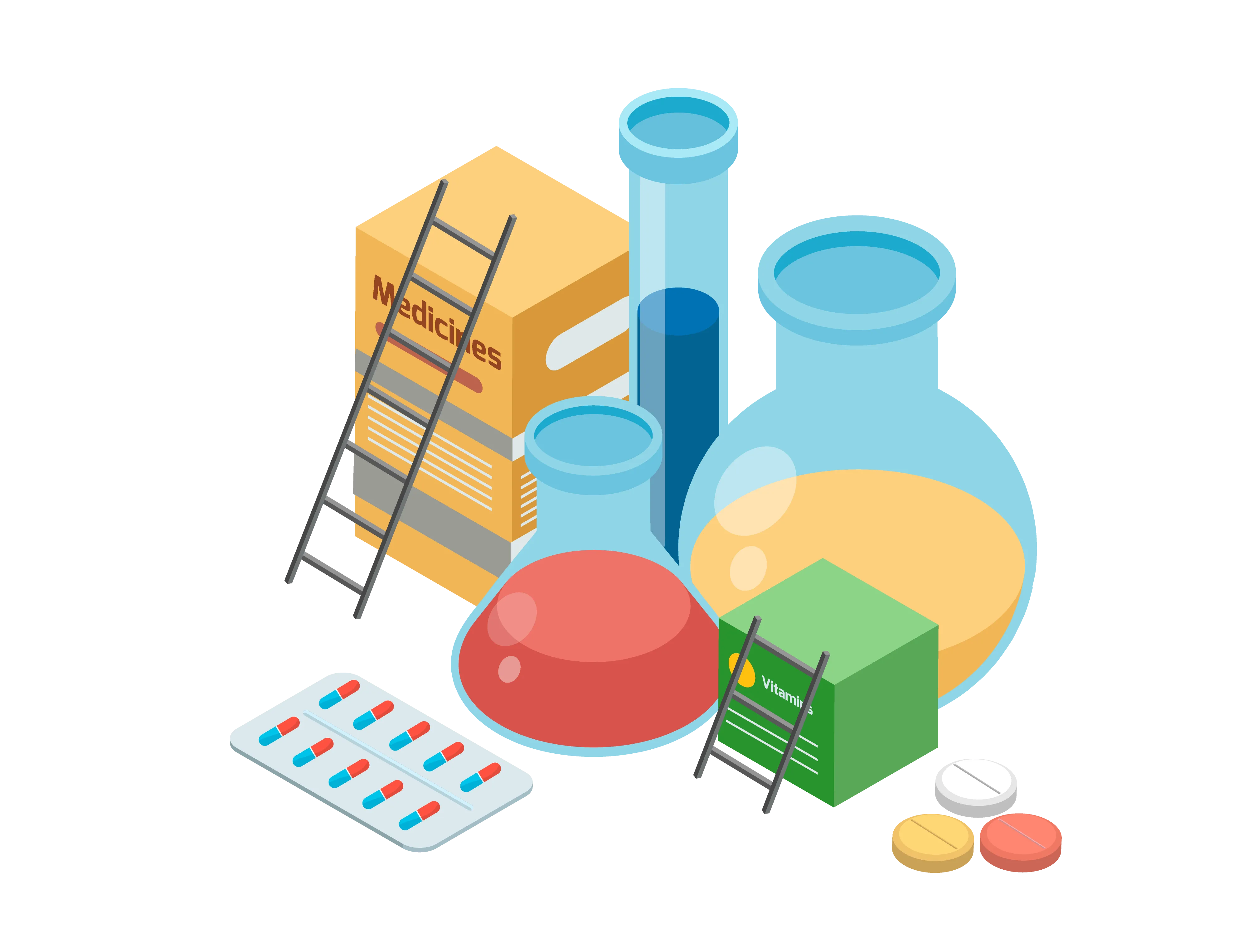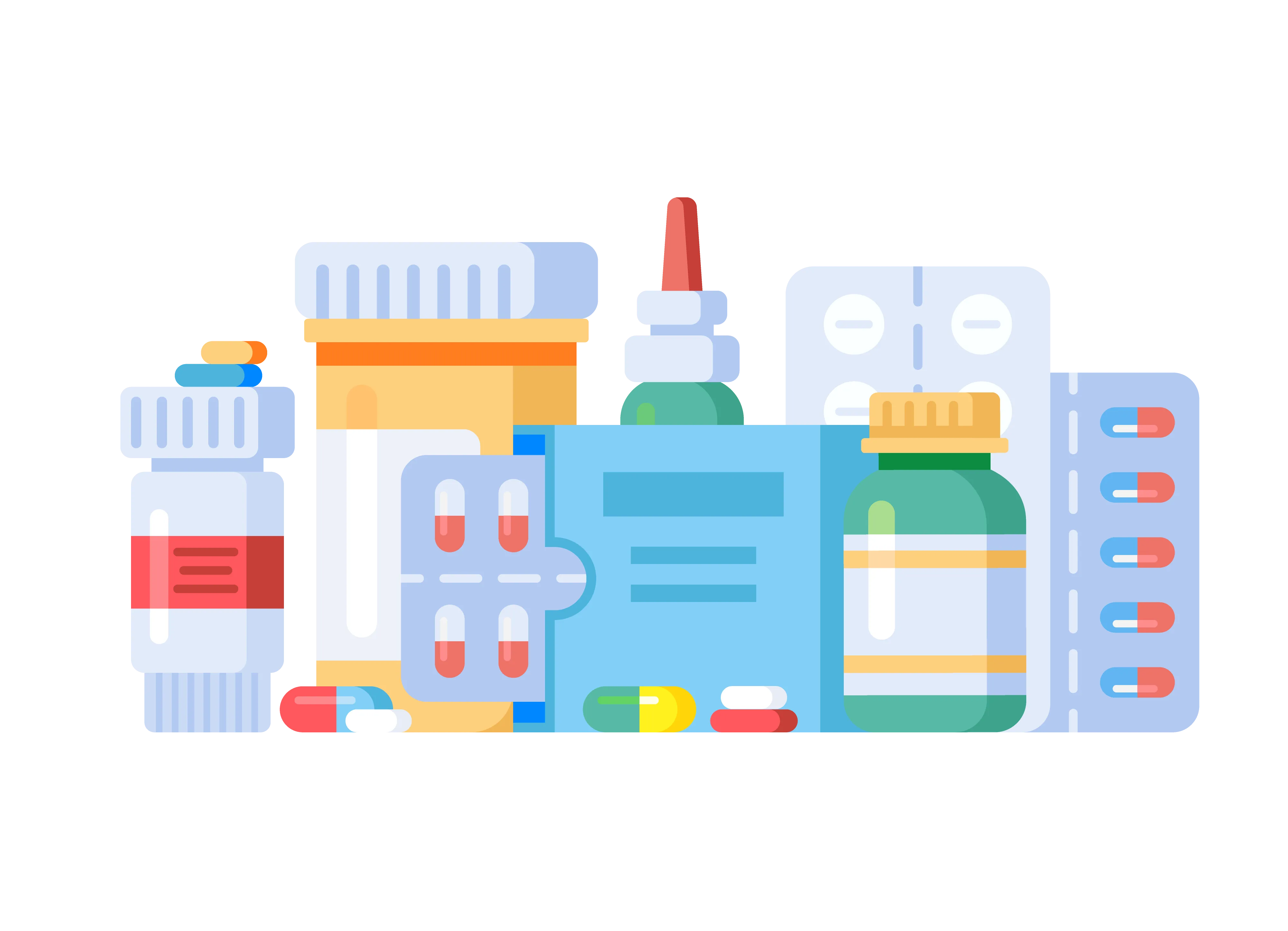General Physician | 5 min read
World Antibiotic Awareness Week: What are the Risks of Antibiotic Use?
Medically reviewed by
Table of Content
Key Takeaways
- World Antibiotic Awareness Week is celebrated every November
- Allergic reactions and stomach problems are some risks of antibiotics
- The risk of misuse outweighs the benefits of antibiotic treatments
World Antibiotic Awareness Week is celebrated every November and across countries. Its main aim is to spread awareness about antibiotic resistance. This happens when pathogens like fungi and bacteria become resistant to medication that are designed to eliminate them. In such cases, medications do not work, and pathogens continue to multiply unaffected.
Diseases caused by germs that can resist antibiotics aren’t eradicated easily. This may require you to opt for expensive alternatives and extensive hospitalization. This is why it is important that you never take antibiotics without your doctor’s advice. Read on to know all about the right type of antibiotic use, its benefits and the risks of not doing so.
Additional read: Human Immune System: What are the Major Components of the Immune System?What Are Antibiotics?
Antibiotics are powerful and safe drugs. These are generally prescribed to help you fight infections. Such drugs and medications are more effective against bacterial infections. Viruses aren’t as affected and so, such diseases often require other treatments [1]. This is primarily because viruses mutate several times.
Taking antibiotics should be your course of action only when necessary. Doing so otherwise or without proper cause can harm your body. Antibiotics can be administered in 3 different ways [2]:
- You can consume them orally in the form of capsules or pills
- You can apply then topically in the form of ointment
- You may be injected with an antibiotic based on the severity of your infection
Antibiotic use is often recommended when:
- Treating bacterial infections
- Eliminating skin rashes
- Preventing communicable diseases
- Tackling serious health ailments like pneumonia

The first discovered antibiotic was penicillin. Since then, many antibiotics have been developed to treat a wide range of infections. Here is a list of the most common antibiotics that are being used:
- Metronidazole
- Amoxicillin
- Ciprofloxacin
- Doxycycline
- Azithromycin
What Are the Different Benefits of Antibiotics?
There are many benefits of using such powerful medication. They include the following:
· It reduces the growth rate of microorganisms· It eliminates infections from your body· Fast-acting antibiotics offer relief within a few hours· Most antibiotics can be taken orally and are easy to administerBe it a urinary infection or any other skin infection, the right antibiotics can ease your pain within hours. Severe infections will require a different form of treatment and in these cases, an injection may be prescribed. This way the medicine enters your bloodstream quickly. Capsules or pills take a longer time to react when compared with injections. Antibiotics are also administered before surgeries to protect you from infections.

Are There Any Risks Associated with Antibiotics?
There are several benefits of such powerful medicines but there are risks of antibiotics too. These can affect anyone and can be quite dangerous if you have a specific allergy or reaction to certain types of antibiotics. In most cases, these are the possible risk of antibiotics:
· Stomach problems· Rash· Diarrhea· Vomiting· Fever· NauseaYou could even develop kidney stones due to certain antibiotics. Rare risks include:
· Deafness· increased sensitivity to sunlight· blood infections· abnormal blood clottingAllergic reactions due to antibiotics can result in swelling of your face and tongue. Some reactions may occur immediately while other reactions can take time. This is why you should never take antibiotics unless specifically prescribed by your doctors. You can also prevent such reactions by alerting them to your allergies. Herbal remedies are also known to cause problems, so avoid these when taking antibiotics. These drugs can cause adverse reactions when they interact with herbal formulations.
It is important that you complete the antibiotic course as prescribed by your doctor. A full recovery may require you to take medications even if your symptoms improve. Do not stop taking antibiotics and always complete the full course. If you are prone to falling sick often, speak to your doctor about being dependent on antibiotics. Too much exposure to them can result in developing antibiotic resistance.
Additional read: 9 Crucial Health Checkup Packages You Should Not Miss Taking this Navratri!
How is World Antibiotics Awareness Week observed?
The theme of this year’s Antibiotic Awareness Week is ‘Spread Awareness, stop resistance’. The goal is to understand the importance of antibiotics and develop ways to prevent misuse. It is meant to curb antimicrobial resistance, which can lead to severe complications. Resistance is a threat and measures should be taken to minimize it. Stringent laws have also been put in place to avoid the misuse of antibiotics [3].
Antibiotics are the most commonly used drugs prescribed by doctors. Any misuse or overuse of antibiotics causes germs to resist and this causes many other issues. Infections that are resistant to drugs are dangerous and can even prove fatal. Being aware of this is the first step, and you should do your part to spread awareness on the same. Never take medications lying
around with proper instructions and follow your doctor’s advice when taking medications. This is easy to do with Bajaj Finserv Health. You can book appointments online, schedule virtual consults, and tackle health issues in a more informed manner here. Digital prescriptions also make it easier for you to track the medications and timelines prescribed to you.
References
- https://www.ncbi.nlm.nih.gov/pmc/articles/PMC6904291/
- https://medlineplus.gov/antibiotics.html
- https://www.cseindia.org/world-antibiotic-awareness-week-9145
Disclaimer
Please note that this article is solely meant for informational purposes and Bajaj Finserv Health Limited (“BFHL”) does not shoulder any responsibility of the views/advice/information expressed/given by the writer/reviewer/originator. This article should not be considered as a substitute for any medical advice, diagnosis or treatment. Always consult with your trusted physician/qualified healthcare professional to evaluate your medical condition. The above article has been reviewed by a qualified doctor and BFHL is not responsible for any damages for any information or services provided by any third party.



